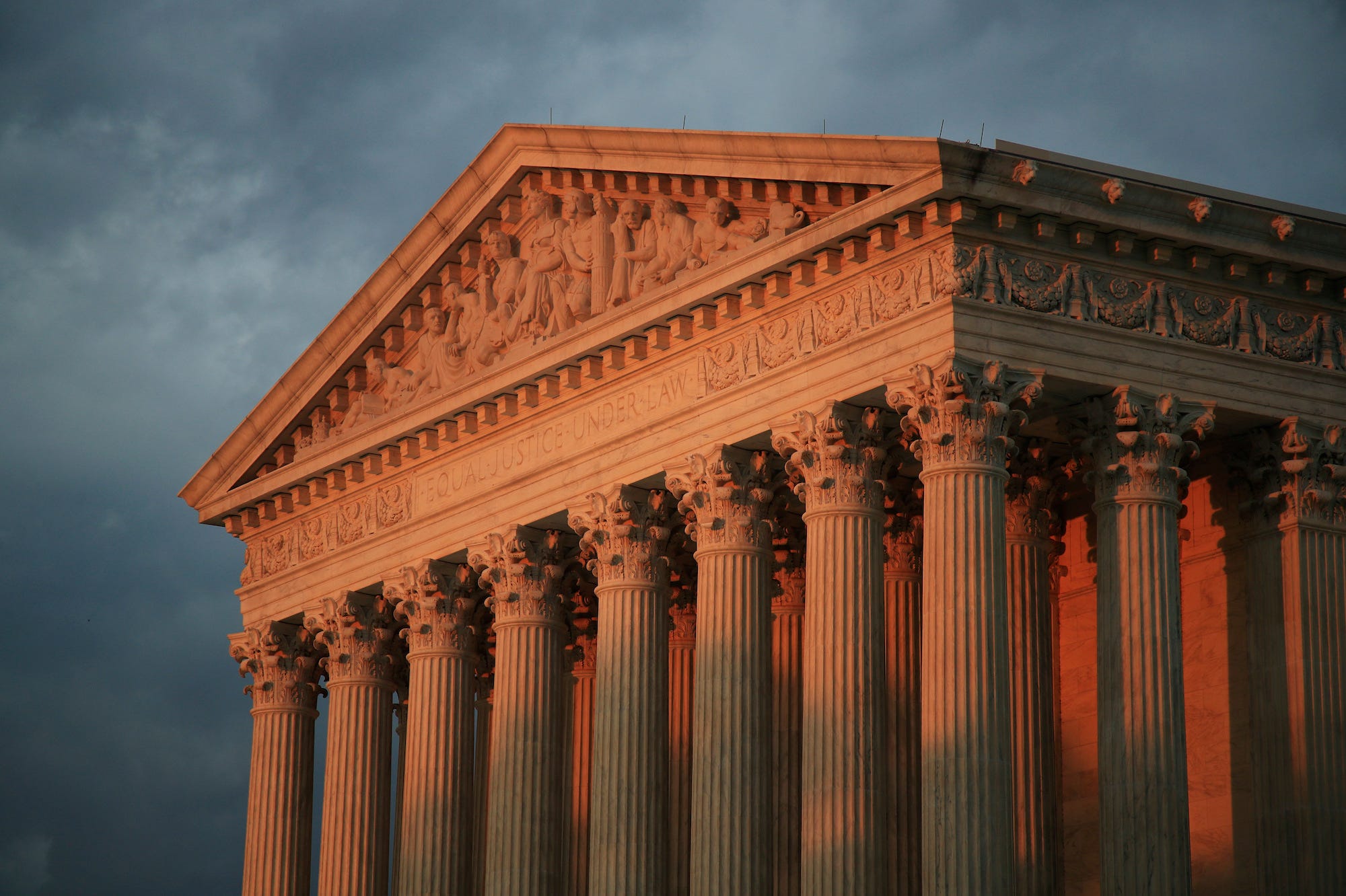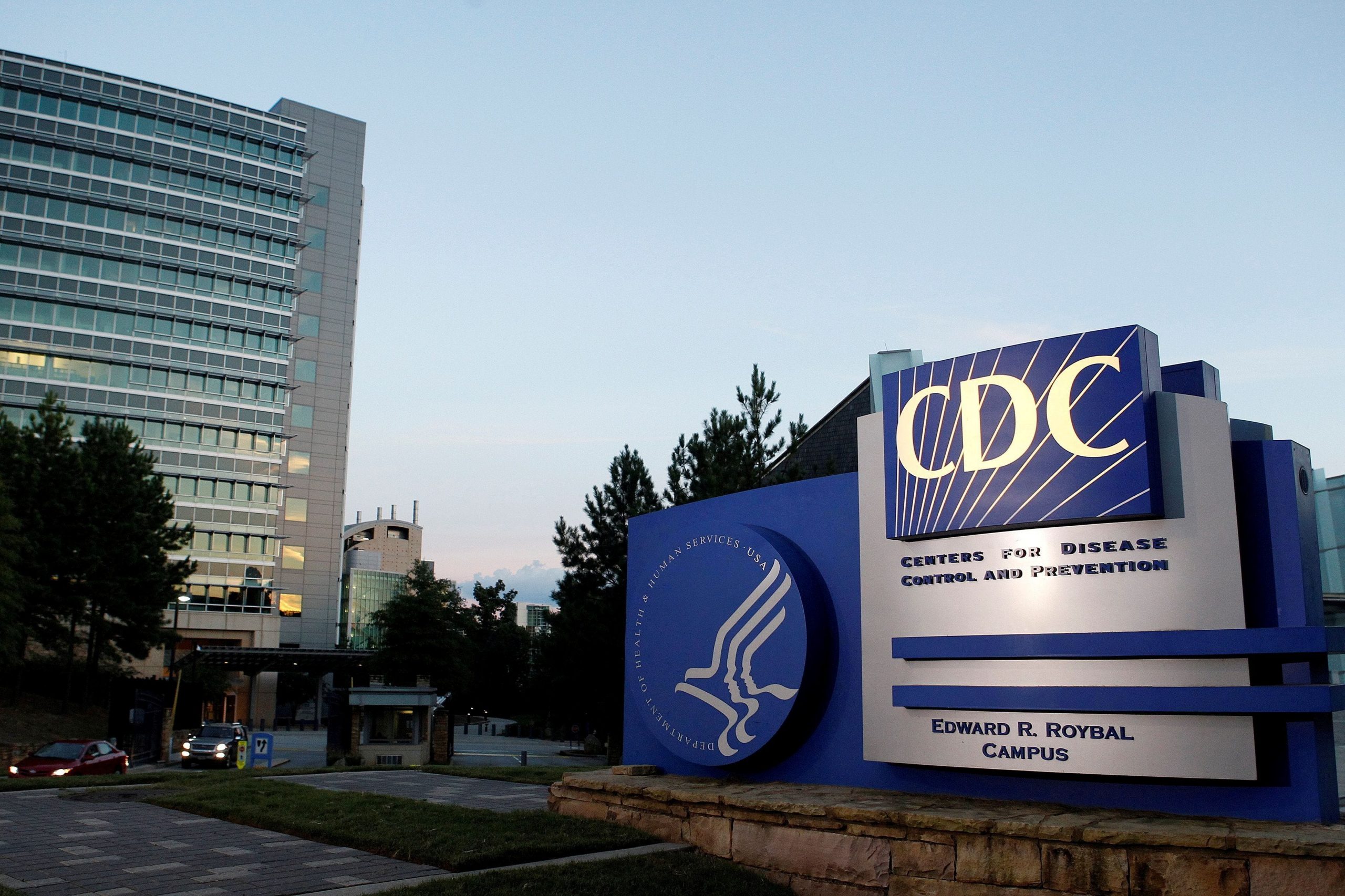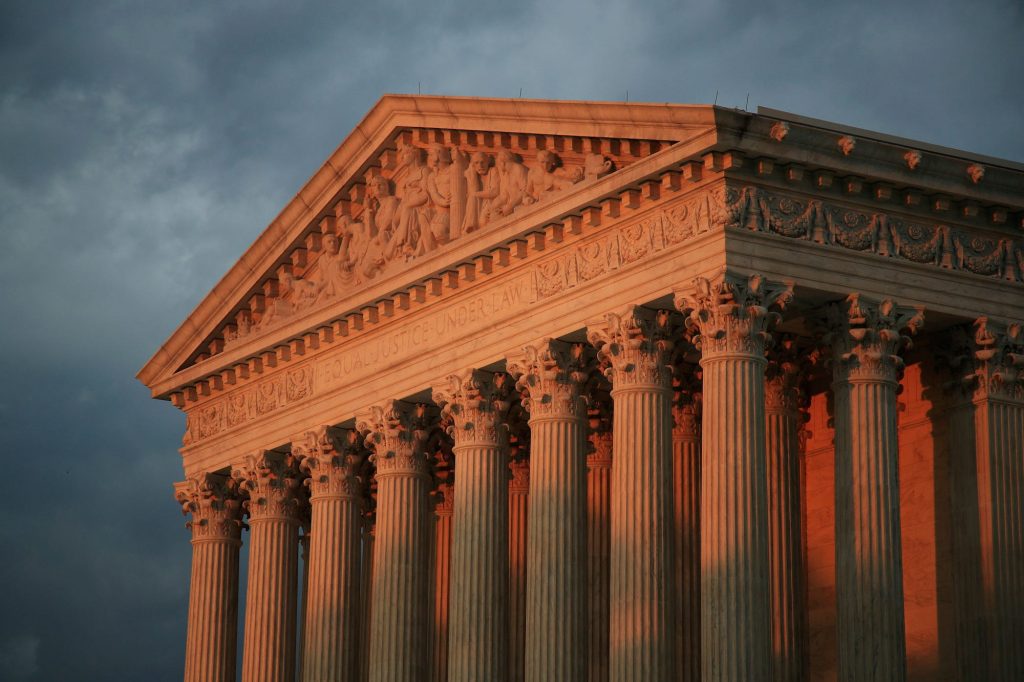
AP Photo/Manuel Balce Ceneta, File
- A frequent flier has asked the Supreme Court for an emergency injunction against the mask mandate.
- Lucas Wall, of Washington, DC, last month filed lawsuits against the CDC and seven airlines.
- Legal experts said his SCOTUS application was part of a growing "shadow docket" at the high court.
- See more stories on Insider's business page.
A man who's suing seven airlines and the Centers for Disease Control and Prevention (CDC) over mandatory mask-wearing on flights has taken his case directly to the Supreme Court.
Lucas Wall has asked the Supreme Court to issue a preliminary injunction against the CDC to put an end to the federal mask mandate, which has been extended through September 13.
Wall, of Washington, DC, last month filed a pair of lawsuits against the CDC and seven airlines over the mandate, arguing that it discriminated against people who couldn't wear masks because of medical conditions. Wall said he's been grounded because he can't wear a mask due to an anxiety disorder.
Wall said in his 99-page Supreme Court application: "I respectfully ask for relief no later than Friday, July 16, because I have a flight booked to Germany on Saturday, July 17, to visit my brother and his wife."
Wall hasn't yet exhausted his appeals in the lower courts. With his emergency application to the Supreme Court, he is attempting side-step the formal process, legal scholars said.
Elliot E. Slotnick, professor emeritus at The Ohio State University, said: "Such applications are both rare and rarely accepted, likely only in a case where irreparable harm could occur through not acting immediately."
It was unclear if Wall - who has been stuck in his mother's retirement community in The Villages, Florida, and listed $769.89 in flight-related costs - would meet the threshold for "irreparable harm."
Legal experts who reviewed Wall's Supreme Court application this week said his airline costs likely wouldn't meet that standard.
Joseph F. Kobylka, chair of political science at Southern Methodist University, said the court would be more likely to take up Wall's emergency application if a broad group of Americans were in situations similar to Wall's. Otherwise, he doubted it would get traction, he said.
However, he added: "I also said that the court would never take Bush v. Gore."

Tami Chappell/Reuters
Wall's earlier lawsuits were filed in US District Court in Orlando, in the 11th Circuit, so his application would be sent directly to Justice Clarence Thomas, one of the anchors of the court's conservative wing. Thomas would then decide whether to bring the application to the full court.
Nicole Huberfeld, professor of law, policy, and management at Boston University, said: "It is doubtful he would have a sympathetic ear in Justice Thomas, even though Thomas has long wanted to limit congressional authority over commerce."
Wall, meanwhile, said in a phone interview that he felt his arguments were strong.
"No one is a wise enough to predict what the Supreme Court will do on any given issue," he said.
However, he added: "If the Supreme Court denies preliminary injunction, then that's the end of the road for that avenue."
Emergency requests to the Supreme Court like Wall's have become more frequent during the pandemic, creating what some scholars have called a "shadow docket," Huberfeld said.
She said legal scholars have been studying the shift, which included pandemic-era requests over whether churches and businesses should have been closed during the spread of COVID-19.
